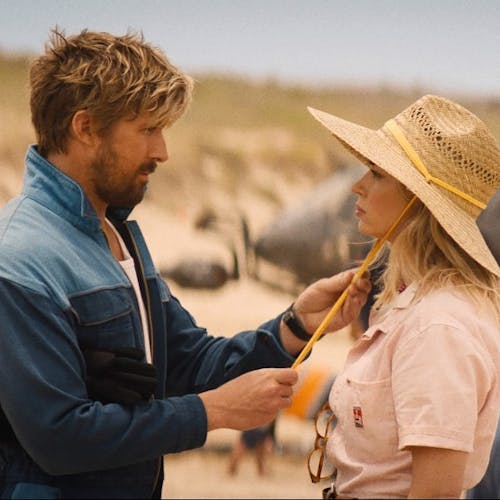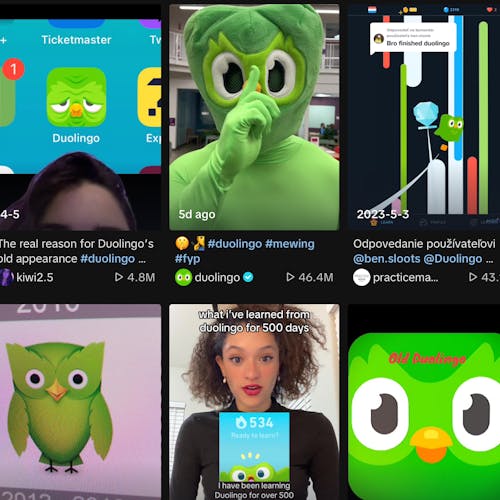As chilly weather nears, singles prepare for 'cuffing season'

Many of America’s favorite fall traditions start in the early days of October. Football season, Starbucks churning out pumpkin spice products by the trough and the incessant need to put “spooky” in front of almost anything are easing us into autumn. That being said, the transition from summer to fall has been particularly leisurely this year, with 80 degree temperatures still being clocked in the past week. Our prolonged days of summer might explain why another yearly occurrence, the start of “cuffing season,” has seemingly been delayed.
Cuffing season is defined by Urban Dictionary (before you roll your eyes, let’s not forget how important the meaning of “Devil’s Triangle” and “Boofing” seemed just a week ago) as the fall and winter months where “people who would normally rather be single or promiscuous find themselves along with the rest of the world desiring to be "Cuffed" or tied down by a serious relationship. The cold weather and prolonged indoor activity causes singles to become lonely and desperate to be cuffed.”
Woodley Bouzy, an School of Arts and Sciences junior, gave a slightly simplified definition, calling cuffing season “the time of year when it gets cold and people want to have another warm body to snuggle with for a long time.”
The two definitions offered describe cuffing season as a period of time when people, out of instinct and loneliness, ignore the fact that they’d rather be single and settle down for a few months. It seems plausible, but is there any factual basis to cuffing season?
Paul Bloom, a professor of psychology and cognitive science at Yale University, said there isn’t. In an interview with Splinter, he said, "It’s all good fun, and a nice new urban legend, but based on what I’ve seen, cuffing season isn’t biological. There’s no reason to believe that such a thing exists.”
Blake Lew-Merwin, a School of Arts and Sciences junior, said she’s seen cuffing season in action before, but not recently. “I really think I only saw it play out in high school. I think if I knew of anyone buying into cuffing season now it would just be kind of odd,” she said.
Now, let’s be quick to note that facts have almost nothing to do with how we perceive relationships. There’s no scientific veracity to the concepts of monogamy or marriage, and there’s no one wrong or right way to do anything. Yet, cuffing season has a few points that make many wary of it.
A major critique of cuffing season is the idea of a relationship that comes along with an expiration date. Bouzy related the process to actual labor. "When it’s warm again, they can clock out of that relationship because the season permits it,” he said. It’s not the way that romance tends to be described — usually a sweeping, life-altering force. Instead, we’re given a strict schedule. There are other factors that complicate things further, like cuffing season’s connection to holidays.
For a relationship bound to be, let’s say, “less than long term,” cuffing season has a glaring contradiction. It takes place during the months with the most obvious obligations to spend money on and time with your partner. From Thanksgiving and Christmas to New Year’s and Valentine’s Day, these are stretches of time that are conventionally dedicated to the most important people in your life. Events that often cement a relationship’s meaning fall neatly in line with a time known for short-term partnerships, which could easily raise problems between cuffing season participants.
This all appears to be a tenuous balance of taking your loneliness seriously enough to settle down while downplaying a major cause of said loneliness, namely a lack of commitment. Like almost any activity tied to specific seasons, it’s cyclical. That may be fine with people as the idea is widespread, but it also seems like current loneliness is being framed in a manner that begets future loneliness. This issue is made evident by the overarching stipulation of a cuffing season relationship.
It’s the Golden Rule: Don’t. Catch. Feelings.



